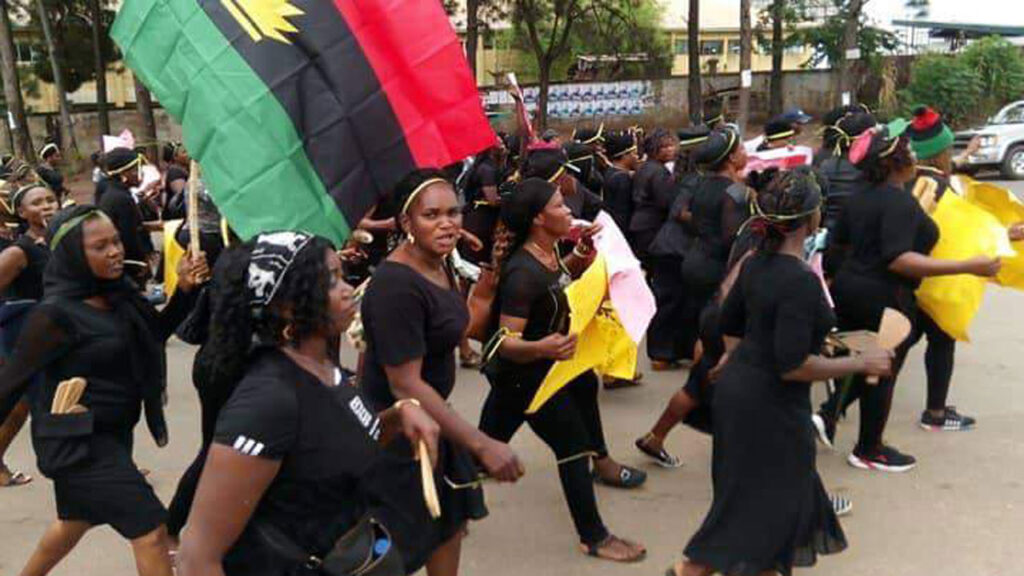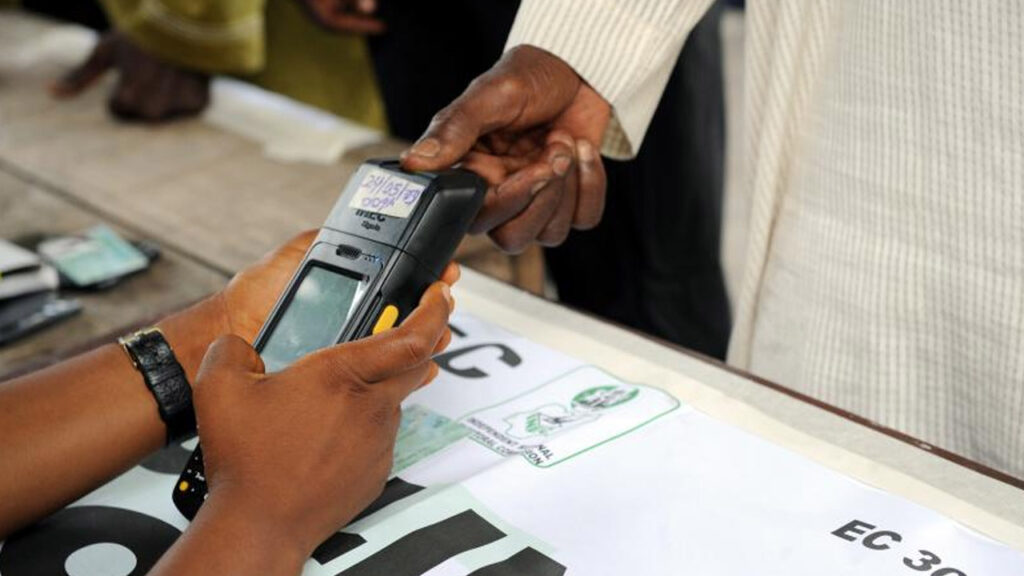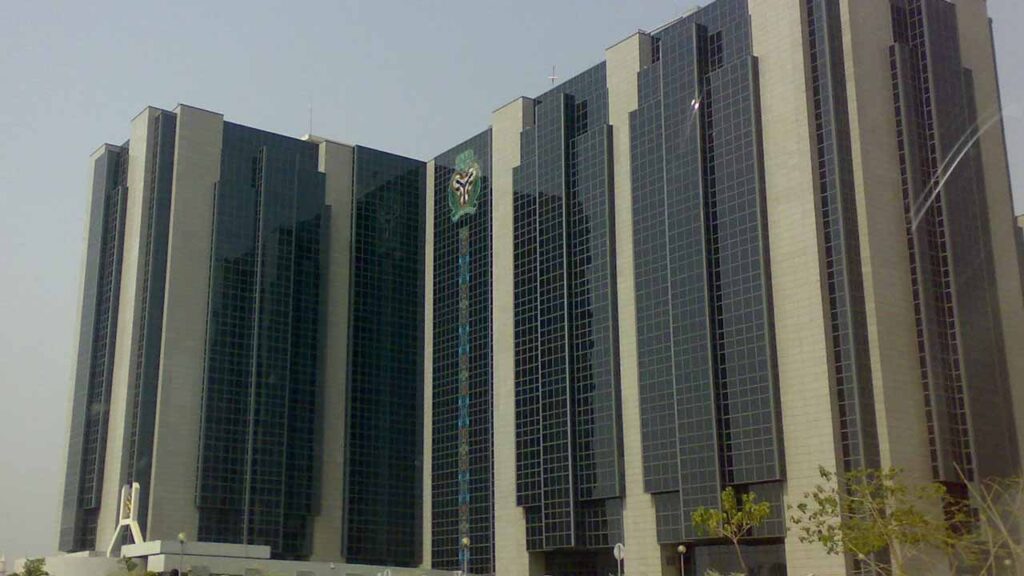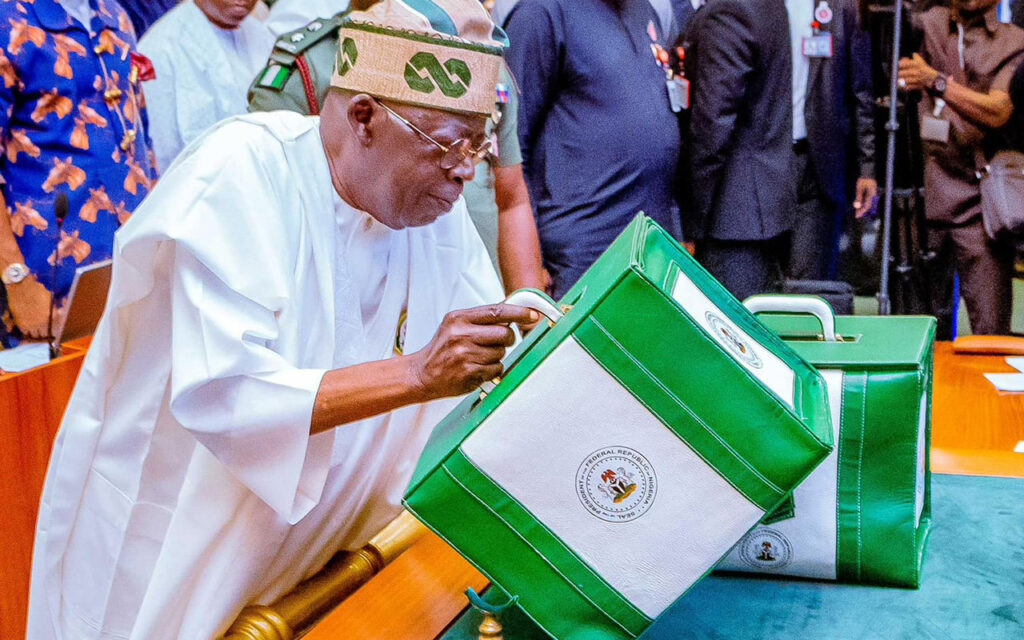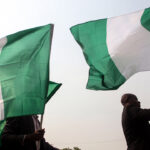
Despite this reality, the Arewa Consultative Forum (ACF), an umbrella body for northern leaders appears fixated on the unity of the country at all cost. Last week, it rose in its meeting where it engaged with the issues in the polity and resolved not to demand a separate country as other sections of the country are currently agitating for, especially the Igbo people under the toga of Indigenous People of Biafra (IPOB) and a section of the Yoruba elite notably the Oduduwa republic being championed by Sunday Igboho among others. While noting that it was more concerned about the insecurity in northern Nigeria ravaged by the activities of kidnappers, bandits and sundry criminal elements, it however affirmed the need to engage with other parts of the country. In the summation of its leadership, Audu Ogbeh and Murtala Aliyu, chairman and secretary-general respectively, the north desires “peace and an end to banditry and criminality. All we want is an improvement in the economy of our country for the betterment in the lives of our people generally, especially the North… North will not ask for separation of the country. There are due processes of going about agitation. North will not ask for a separate republic as it is being done in South East and the West by IPOB and Igboho…We are going to work for a united Nigeria and that is what we stand for.” The forum frowned on the alleged killing of people of northern extraction in the Southeast, took cognisance of the reconciliatory overtures of the Igbo elders and pledged to ensure the safety of other Nigerians domiciled in the northern part of the country. According to the leadership of the ACF, “the forum expressed satisfaction with the recent stance of the Southeast leaders and governors on the violent agitation for secession from Nigeria by IPOB and Eastern Security Network (ESN).”
Above all, the organisation expressed the point that it would meet with leaders of Ohanaeze Ndi Igbo, Afenifere and South-South leaders to discuss the lingering issues that have tended to pit ethnic and regional groups against each other.
The ACF is to be commended for its reconciliatory intent but its emphasis on the retention of the suffocating state structure without addressing the quest for a fundamental restructuring of the skewed state structure and its political economy smacks of hubris that undermines the rhetoric of national unity at all cost. Many Nigerians desire of course the continuity of the Nigerian state but not as presently constituted. The Nigerian state annuls popular sovereignty, which inheres in the people who are the parties to the willing into being the state for the simple reason of state, namely, the protection of lives and property and whenever that state ceases to play this pivotal role it loses its legitimacy and the parties dissolve to reconstitute themselves in ways that can fulfill the ‘‘reason of state.’’ This sociological fact of the nature of the state must be acknowledged. Whoever thinks otherwise labours under illusions because the parties to the being of the state never lack the means to acquit themselves, this we know and the entire world know.
Under the watch of a tiny sectional elite, Nigeria has been reduced to a caricature of what a state should be: lives are cheapened and a partisan state apparatuses side with non-state actors perpetrating the perfidy against the rest of Nigerians; productivity has been killed while the irresponsible state actors luxuriate in the spoils of the petrol dollars and simultaneously trapping the country in a debt loop that generations yet unborn would find difficult to offset. This is the Nigerian condition that many well-meaning Nigerians are up against and have called for restructuring of the country so that the country can in the least wear the cloak of a country with a destination but not the one headed for cul-de-sac.
Finally, we note here that there is nothing wrong to evangelise about the country’s unity and its desirability but there are certain fundamentals. The northern elite appear ranged against restructuring and the quest for self-determination of component nationalities of the Nigerian state. The insistence on one Nigeria is age-long and now sounding like a broken record in the light of contemporary realities. It should be noted that all sections of the country are not necessarily opposed to Nigeria’s unity but that unity must be based on social justice, not on the motto: “monkey dey work, baboon dey chop.”
Nigeria as presently constituted is not peaceful, and stalls every development initiative. Whoever desires to retain this ossifying structure without restructuring, risks greater turmoil. What is the north afraid of? Every part of the country stands to gain from a federal structure befitting of a multi-ethnic nation like ours but not the suffocating prevailing cocoon.
In the main, autonomy for the component nationalities, we believe, will unleash the creative potentials of the people of this country. In this respect, federalism is the bride. And so any promoter of sophistry that there is nothing to restructure at this time is part of a cabal that would not like Nigeria to fulfill its destiny as the leader of the black race.

